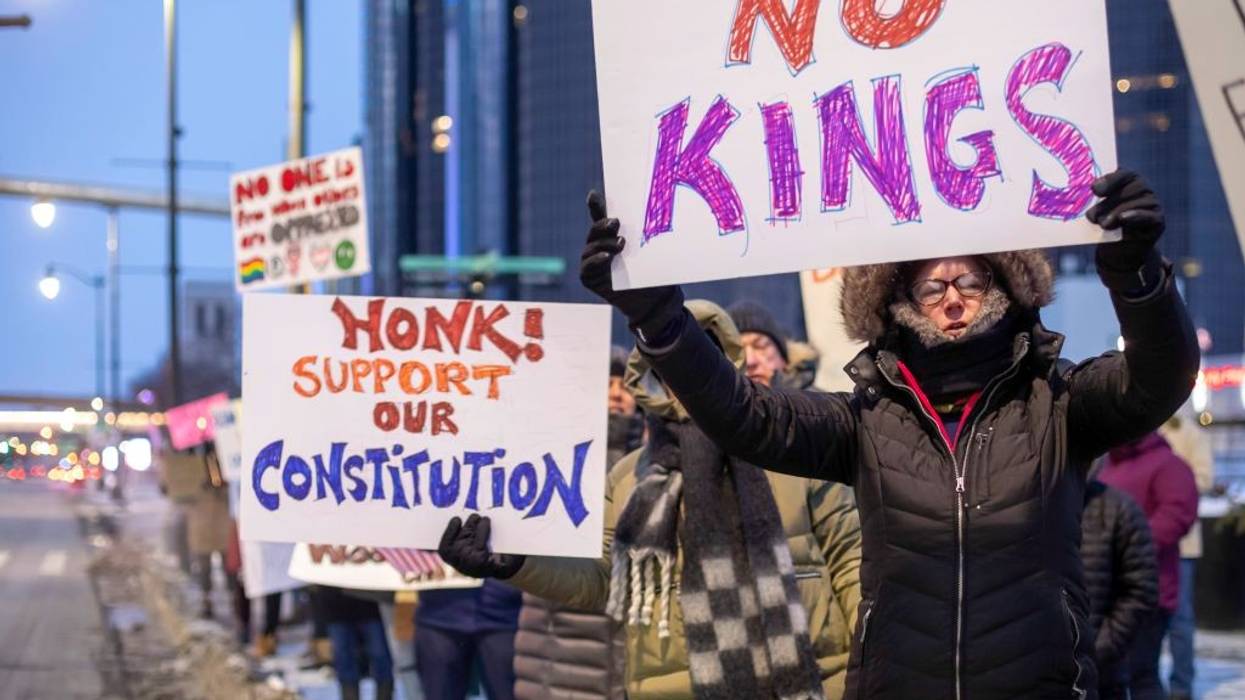Trump’s Budget Cuts Will Only Make Things Worse for Struggling Rural Hospitals
The budget bill will put enormous strain on rural hospitals, which are often the largest local employer in addition to crucial care providers.
Bari Senecal waits outside the emergency department at Columbia Memorial Hospital in Hudson, New York. “I do construction. I fell three stories,” Senecal explains. “I was on top of the scaffold and this new kid we hired didn’t put the braces on correctly.”
Like 70 million Americans, Senecal qualifies for Medicaid, the state and federally-funded public health insurance program for low-income patients. She also qualifies for Medicare. She’s what’s known as being “dual-eligible.”
At Columbia Memorial, 63% of patient service revenue is reimbursed through a combination of the two programs. But “we run a deficit every year,” says Dorothy Urschel, CEO of Columbia Memorial Health. “For many, many years, we’ve been reimbursed at well below cost.”
The hospital has the only emergency room serving the more than 110,000 residents scattered among two predominately rural counties. “Of course, we’re struggling,” says Urschel. “But rural community hospitals always struggle.”
Columbia Memorial already closed its maternity ward in 2020—part of a distressingly common trend. A recent study from the Journal of the American Medical Association found that more than half of rural counties now have no hospital-based obstetric services whatsoever.
Like other rural hospitals across the country, Columbia Memorial is bracing for the loss of Medicaid-covered patients and funding because of the Republican reconciliation bill, dubbed the “One Big Beautiful Bill Act,” which was signed by US President Donald Trump this summer.
Over the last decade more than 100 rural hospitals have closed across the country—50 of them in just the last eight years.
According to the nonpartisan Congressional Budget Office, the bill will cut $911 billion in federal Medicaid spending over the next decade and result in an estimated 10.3 million people losing their Medicaid health insurance. Add in cuts to the Affordable Care Act and the number of people expected to lose their insurance rises to 16 million.
According to Larry Levitt, vice president for health policy at the Kaiser Family Foundation, this amounts to “the biggest rollback in federal support for health coverage ever.” And it will put enormous strain on rural hospitals especially—which in Columbia County and elsewhere are often the largest local employer in addition to crucial care providers.
The GOP staggered these cuts so that the worst effects of the budget changes won’t be felt until after the midterm elections in 2026 are safely past. But “some rural hospitals around the country have already started closing” in anticipation of the cuts, warns Michael Chameides, a member of the Columbia County Board of Supervisors.
Senator Ed Markey (D-Mass.) provided a list of 338 rural hospitals in danger of either closing or drastically scaling back services. All 338 had experienced three consecutive years of negative total profit margins and were in the top 10% of institutions with patients on Medicaid.
Rural hospitals facing disaster are identified individually according to which state will see the losses. Kentucky, Louisiana, and California top the list with 35, 33, and 28 rural hospitals identified as at risk of closure, respectively. New York has 11. (Columbia Memorial isn’t officially one of them, but Garnet Medical Health Center Catskills, another Hudson Valley hospital, is.)
An estimated 1,796 hospitals remain in rural America, but those numbers obscure the level at which the services they offer may have already contracted. According to the Government Accountability Office, over the last decade more than 100 rural hospitals have closed across the country—50 of them in just the last eight years.
In New York and every other state, as federal funding runs dry it will be up to the governor and legislature to make provisions for struggling rural hospitals—or stand by and watch them collapse.


